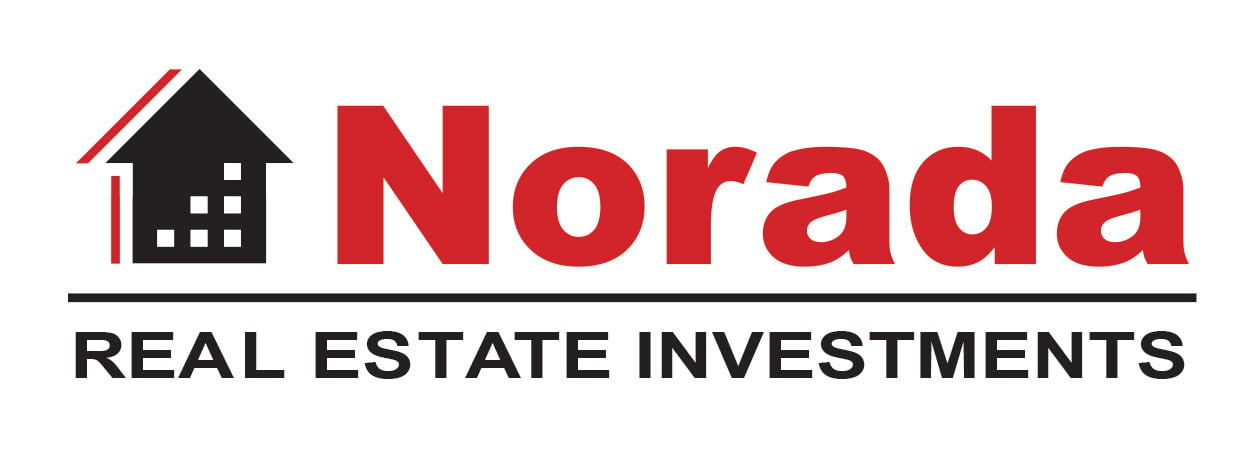How Much Do You Need to Invest in Real Estate?
Many people dream of owning rental properties that give them consistentcash flow or help themretire early, but how much money do you need to invest...

Do you have some funds set aside to invest? Whether $10,000 or $100,000, real estate is one of the best places to park your money and build wealth long term. In this article, we’ll show you how to invest $10,000 in real estate with six proven strategies, including a $0-down option that will make your money go further than you thought possible!
Summary:
Yes! Investing $10,000 in real estate is more than possible, even with high home prices and mortgage rates. There are several options, from active investments like rental properties to passive investments like real estate investment trusts (REITs) and private money lending. But as you’ll see, stretching your $10,000 the furthest is crucial!
Today, you don’t need several hundred thousand dollars to invest in real estate. With tools like leverage and fractional ownership, you can invest with $10,000 (or even less!). From low-money-down rental properties to education, here are six of the best ways to invest $10,000 in real estate:
Turnkey rentals are newly built or renovated homes you can rent out for a profit. Rent to Retirement offers new build turnkey rental properties for just 5% down, but with closing credits from the builder, you can either get a price reduction, buy down your mortgage rate, OR use that credit toward your down payment. Essentially, you’re getting a new build rental for $0 down!
Average Cost: $0 Down!
Ready for your first $0 down rental?
Beyond requiring very little money down, new build turnkey rental properties offer several benefits:
There aren’t many downsides to buying a rental property that requires so little money out of pocket, but here are a couple of potential cons:
Don’t have enough money to invest on your own? Double (or triple) up with a partner! This lowers the amount of money you’ll need to bring to the table, and in some cases, you can contribute much less than an even share by providing value in another way—like finding the deal or providing sweat equity through renovations or property management!
Average Cost: $10K+
Forming a real estate partnership gives you the following advantages:
Real estate partnerships can help reduce your investment costs (and workload), but there are a few drawbacks:
Especially if you’re new to real estate investing, a little education goes a long way. $10,000 or less is more than enough money to learn the ins and outs of the industry and gain the confidence to make great investments. This could save you tens of thousands, if not hundreds of thousands of dollars in the future!
Average Cost: Free - $10K
Investing in real estate education is a savvy move for these reasons:
Learn real estate investing from the experts!
Before using your funds for education, consider the downsides:
Fractional real estate investing is when investors pool their money to buy properties they likely wouldn’t be able to afford on their own. You can buy “shares” of these properties using various fractional real estate platforms, and as the properties make money, you get a split of the profits!
Average Cost: $10 - $10K+
Many investors prefer fractional real estate over other investments due to the following:
Fractional real estate is an easy way to invest, but there are a few drawbacks to keep in mind:
Invest in cash-flowing, tax-advantaged real estate with Rent to Retirement!
Real estate investment trusts are companies that own and manage real estate. Unlike fractional real estate investments, you don’t own shares of the properties themselves but of the companies holding them. REITs are similar to stocks and index funds—you buy shares, the company pays you regular dividends, and the amount of your investment (ideally) grows!
Average Cost: $5 - $500+
These passive real estate investments offer several advantages:
Make sure you’re comfortable with the potential risks before investing in REITs:
Private money lending is the process of loaning your own capital to other real estate investors. These are typically short-term loans, ranging from a few months to a few years. The investor pays you back monthly, with interest, until the loan balance is completely paid off!
Average Cost: $10K+
There are several benefits to loaning your personal capital to other real estate investors:
Private money lending might seem like a no-brainer, especially for passive investors, but there are a few drawbacks:
You now know how to invest $10,000 in real estate, but should you?
Investing $10,000 in solid, profitable assets can be a savvy long-term play, but you should always have reserves and do your due diligence before investing. Having just $10,000 in your bank account and parting with all of it at once could be an incredibly risky move!
Have more than $10K? Read our full guide on how to invest $50K!
A profitable rental property is arguably the best real estate investment, as it can provide you with steady cash flow, tax benefits, and the potential for significant appreciation over time. The challenge? $10,000 isn’t usually enough for a 15%-20% investment property down payment.
Thankfully, Rent to Retirement offers 5%-down loans on new builds in top-performing rental markets across the US. Plus, with closing credits from the builder, you can choose a price reduction, a lower mortgage rate, or a credit toward your down payment. This could allow you to buy a brand new turnkey rental property for virtually no money down!
Since investment properties typically require a 15%-20% down payment, $10,000 won’t be enough for most properties. But with Rent to Retirement’s 5%-down loans, you could buy a new build turnkey rental for very little money out of pocket, if any!
If you want to stretch your $10,000 as far as possible, consider education or a solid rental property. Education could help you save hundreds of thousands of dollars across your investing journey, and a rental property allows you to use leverage to buy a much more valuable asset that delivers monthly cash flow and long-term appreciation!
Yes! You can use any of the methods above to invest $10,000 in real estate, but make sure you’re not emptying your bank account. You should always keep ample cash reserves to cover emergencies and surprise expenses!

Many people dream of owning rental properties that give them consistentcash flow or help themretire early, but how much money do you need to invest...

Norada Real Estate Investments specializes in building, renovating, and sellingturnkey properties to investors. Want to know more about the company,...

If you have $50,000 saved, good news—there are several investment opportunities that can provide you with real, passive income. But what’s the best...